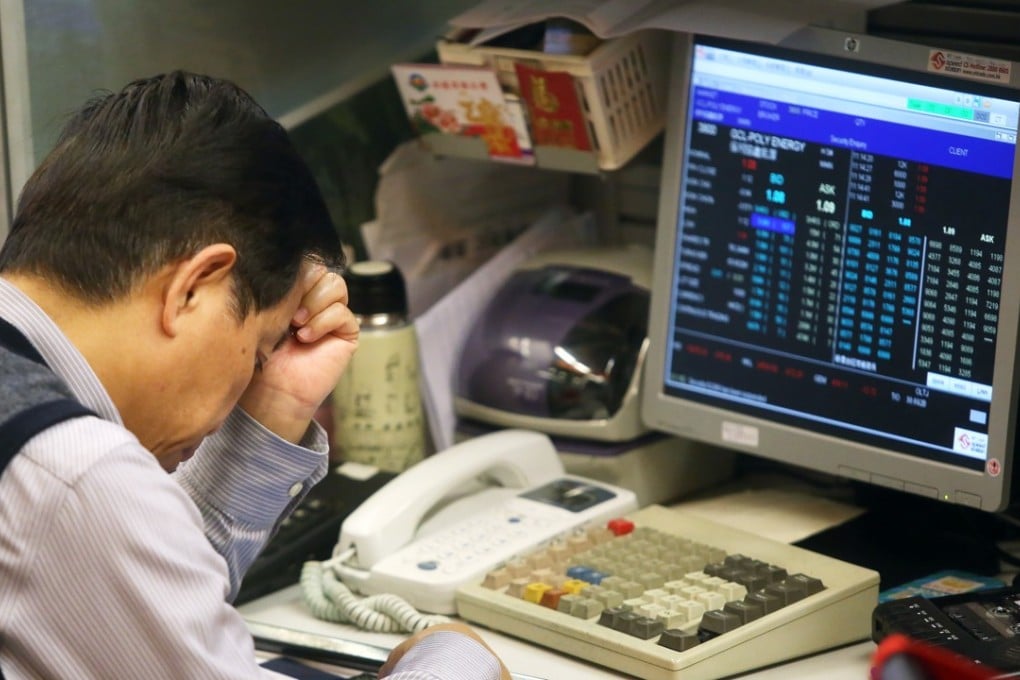Money Matters | Here are three theories for explaining Hong Kong’s penny stock crash

Mainland Chinese investors were the biggest losers when dozens of Hong Kong’s penny stocks plunged last week, some losing as much as 90 per cent of their value. The crash was serious enough that it made it on to the agenda for discussion between the China Securities Regulatory Commission and Hong Kong’s Securities & Futures Commission.
Three theories stand out to explain the crash.
The first and the most colourful theory says the crash was an ambush by enemies, of which Fun Gor has no shortage. There are the TV starlets who lost their shirts on his investment tips, his fellow traders whose sweethearts had made the wrong punt, and regulatory officials who were forced into a corner to conduct an industry-wide crackdown because of his recklessness. Even Webb himself had his 2.3 per cent investment wiped out by a major rights issue.
The second and more tantalising theory says that the regulators want Fun Gor’s fingers burnt, because he’d been way too arrogant in his recklessness.
